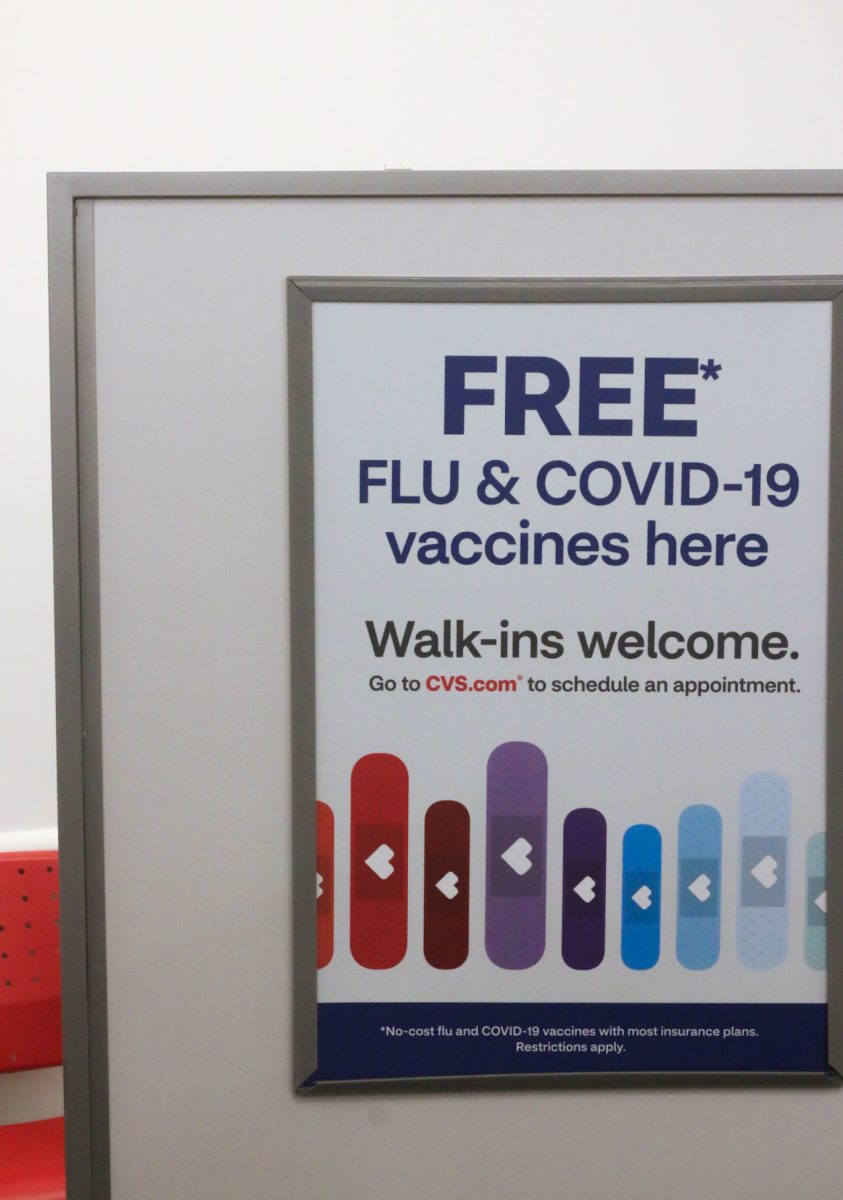Per the projections of the Centers for Disease Control and Prevention, or CDC, the rate of nonmedical exemptions for kindergarteners in the U.S. has almost doubled within the past decade, with an increase from 1.6% in 2011 and 2012 to 3% in 2022.
More Americans are acquiring a growing distrust of vaccines as an unintentional result of the United States initiative Operation Warp Speed, a public-private partnership that accelerated the development of COVID-19 vaccines during the pandemic.
“We have observed that there has been misinformation/disinformation impacting people’s decision to vaccinate or not via social media platforms,” said officials at Hawaii’s health department.
This trend makes it all the more alarming due to the appearance of sporadic anti-vaccination communities, which can create certain “hot spots” for vaccine-treatable illnesses. This is because regional politics have distinguished attitudes to social media and, in a broader sense, distrust in selective scientific inquiry.
“We know what happens when communities allow anti-vax areas to get popular,” said Sallie Coke, a nursing professor at GC. “We have had major outbreaks of measles, mumps, hep. A and pertussis in the last 10 years, all in areas with low immunization rates.
Idaho, being a strong “red” state, had 12% of their kindergarteners nonmedically exempt from one or more vaccinations last year, according to the CDC — by far the highest percentage across the U.S., clearly contrasting predominantly “blue” states, such as New York, which hover around 0.1%.
Nevertheless, the predicament expands when considering the historical context of these concentrated anti-vaccination movements; there have been numerous demonstrations in the past that raise major health concerns.
“I, myself, am — fortunately — vaccinated,” said Katie Kennedy, a freshman nursing major. “I do not wish to inhabit the many diseases preventable by vaccines, as it can really mess up things for myself and everyone around me.
These outbreaks can be disastrous to communities in both the short and long term: ill individuals will not be able to work; families of these individuals will have to sacrifice long hours to care for them; the list goes on.
“There are some medical reasons that children cannot be vaccinated, [such as] children that may have just gotten a blood transfusion or blood product, those that are extremely ill, on major immunosuppressive medications or born with an immunosuppressive disease, and those that have had a major reaction [anaphylaxis] to a vaccine in the past,” Coke said. “Protecting them and others that are extremely vulnerable is the major reason that herd immunity is so important.”
However, complications further arise considering the many children and adults who have legitimate health reasons to avoid vaccines. A lack of herd immunity, the process in which a significant portion of vaccinated, or immunized, individuals can “fight” off diseases for the entire community, places this population at risk due to the growing anti-vaccination movement.
“I would not think twice to keep receiving my flu and COVID-19 shots every year,” Kennedy said. “It is important to get vaccines to protect not only yourself but others against illnesses and diseases as adults.”


